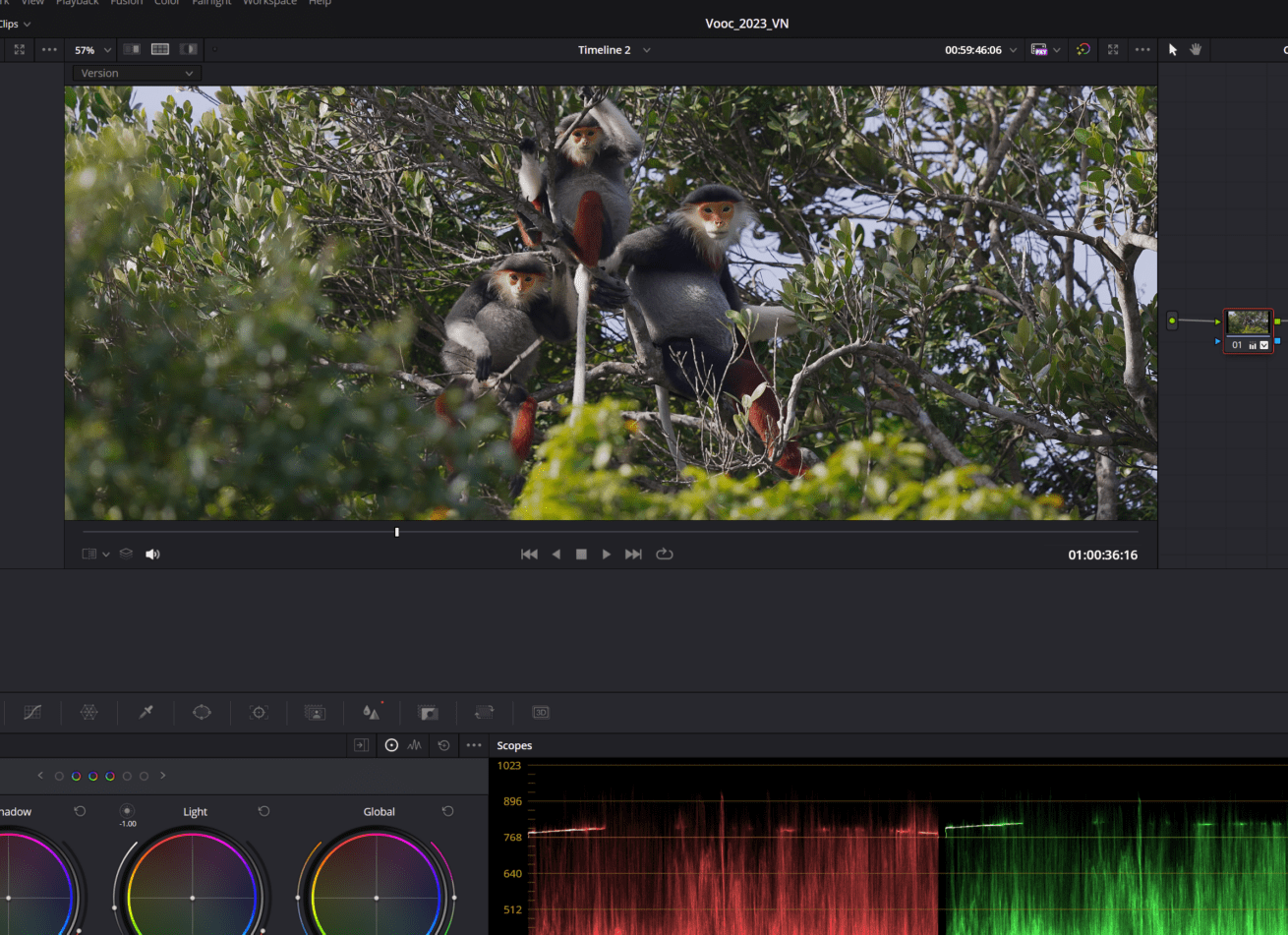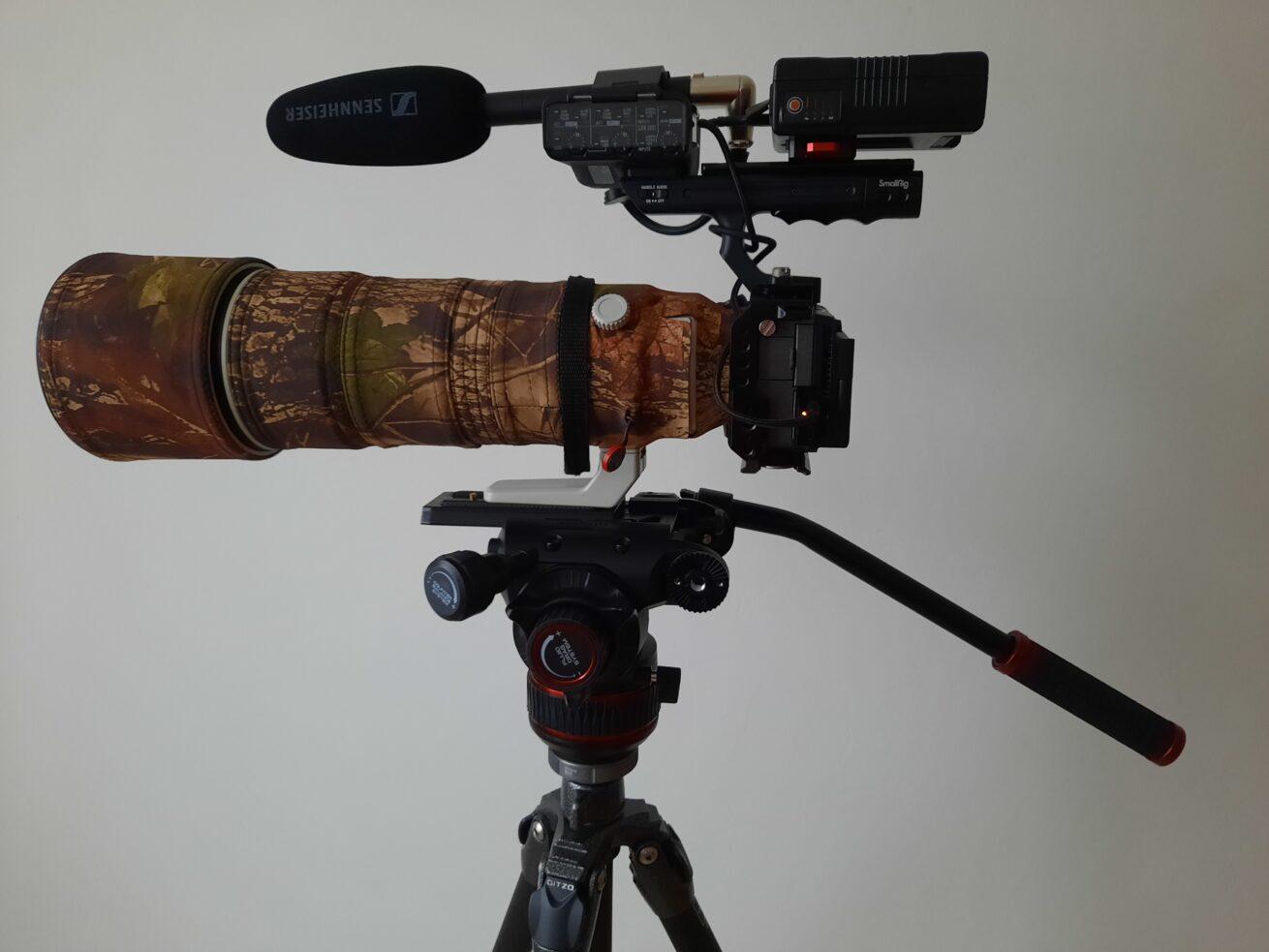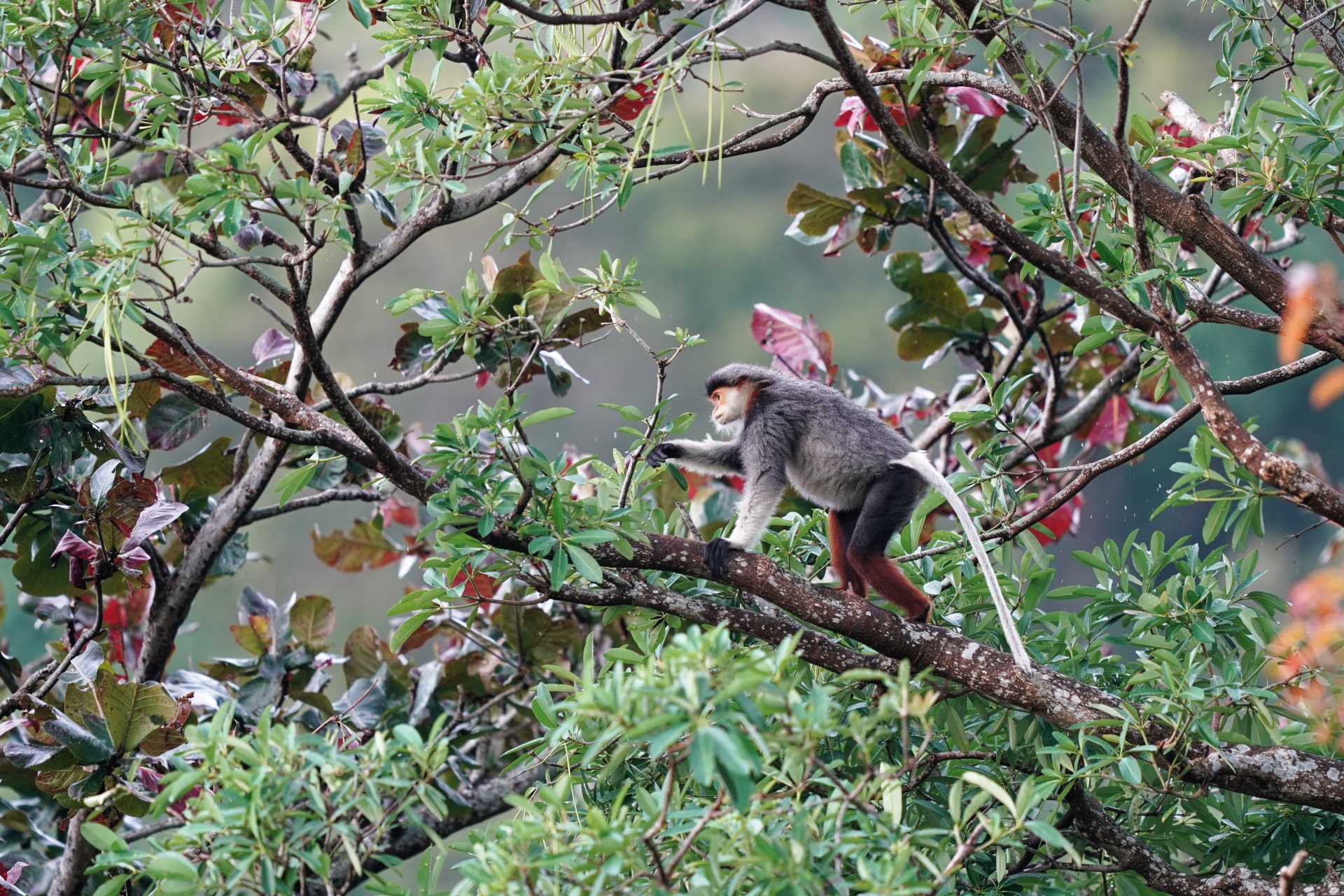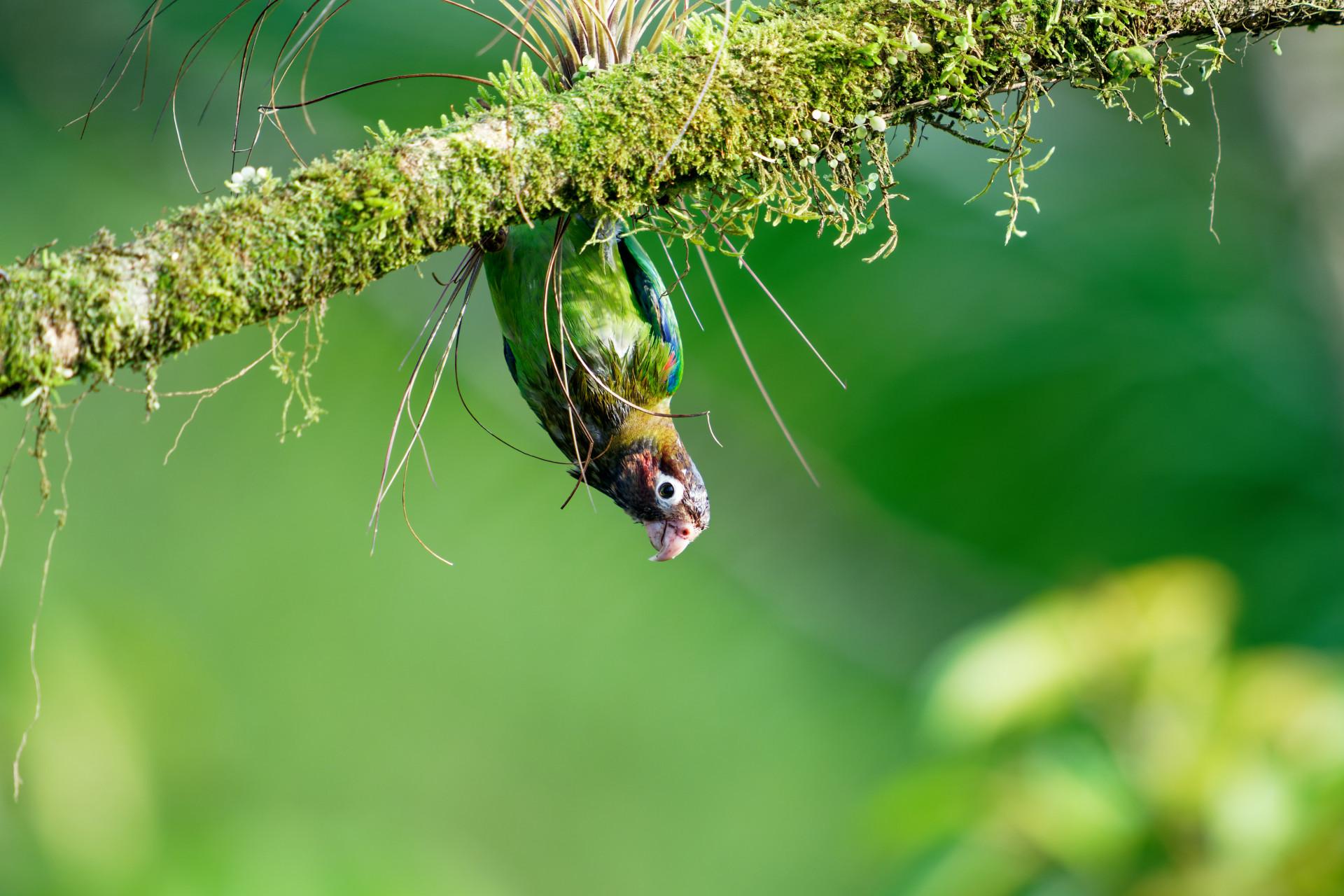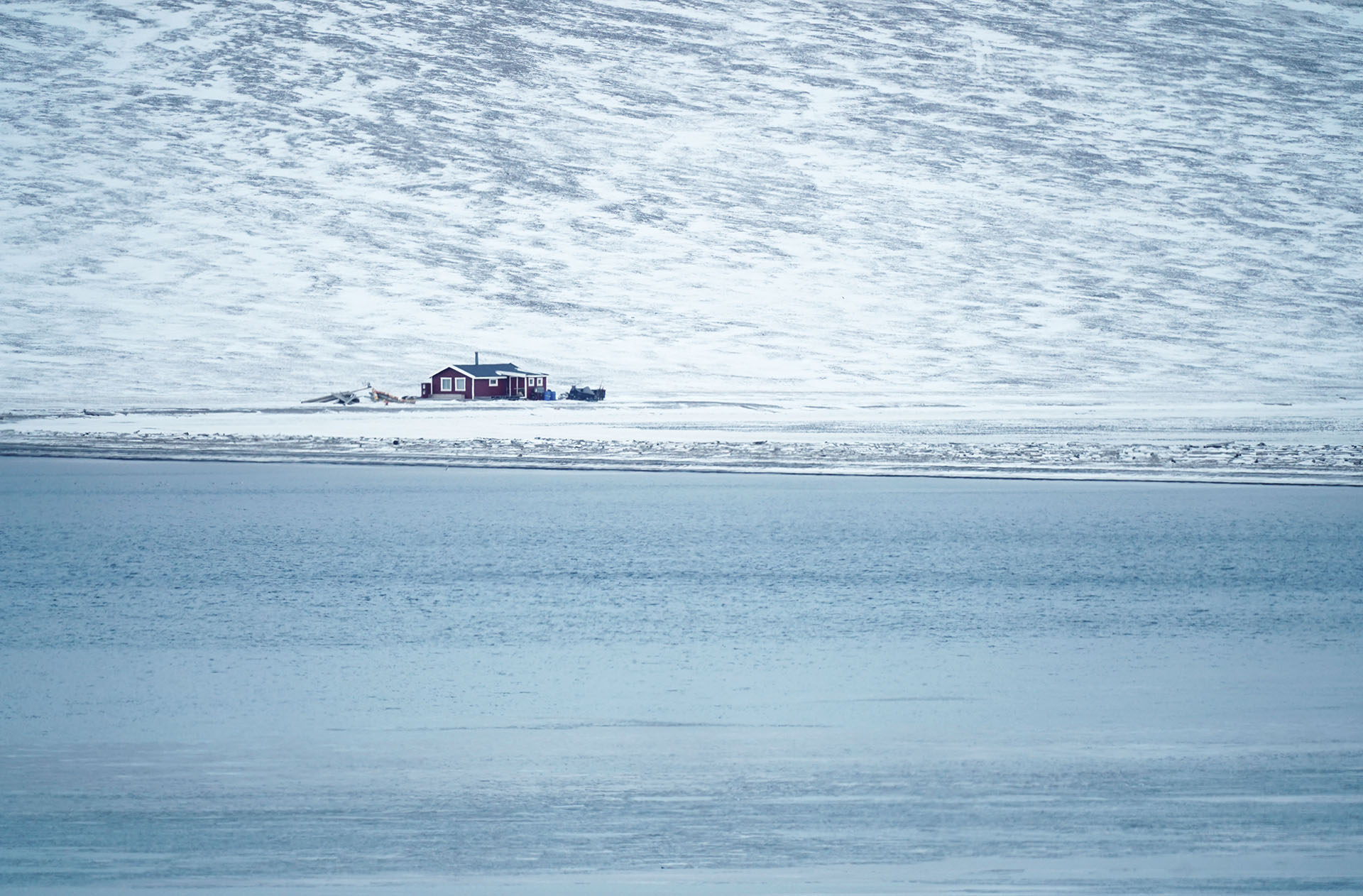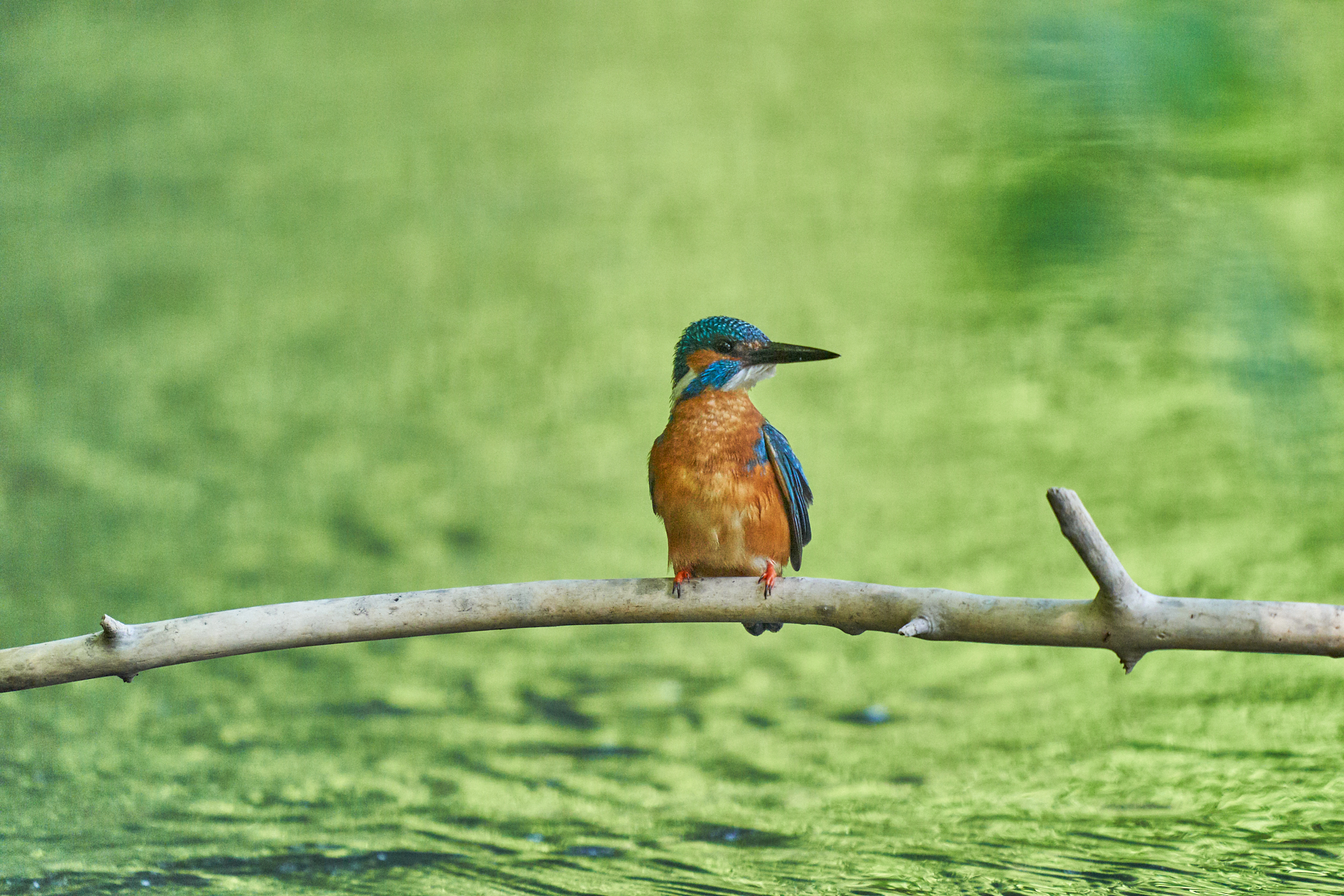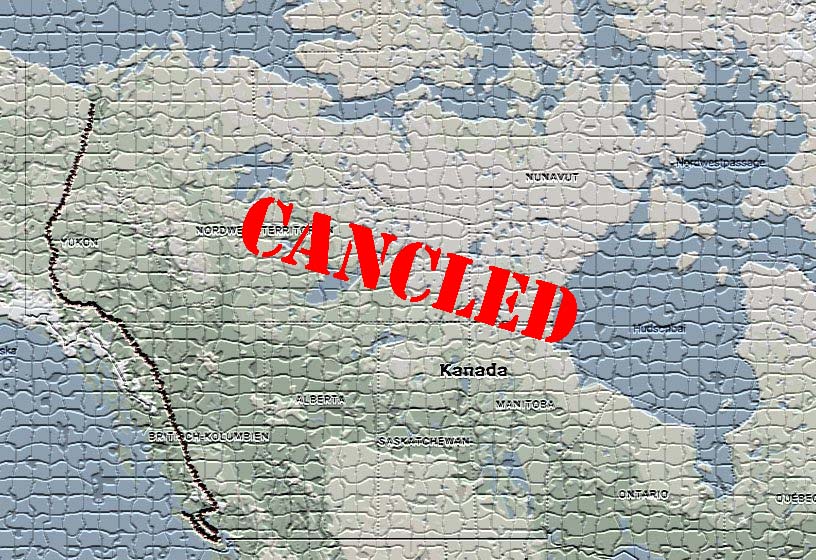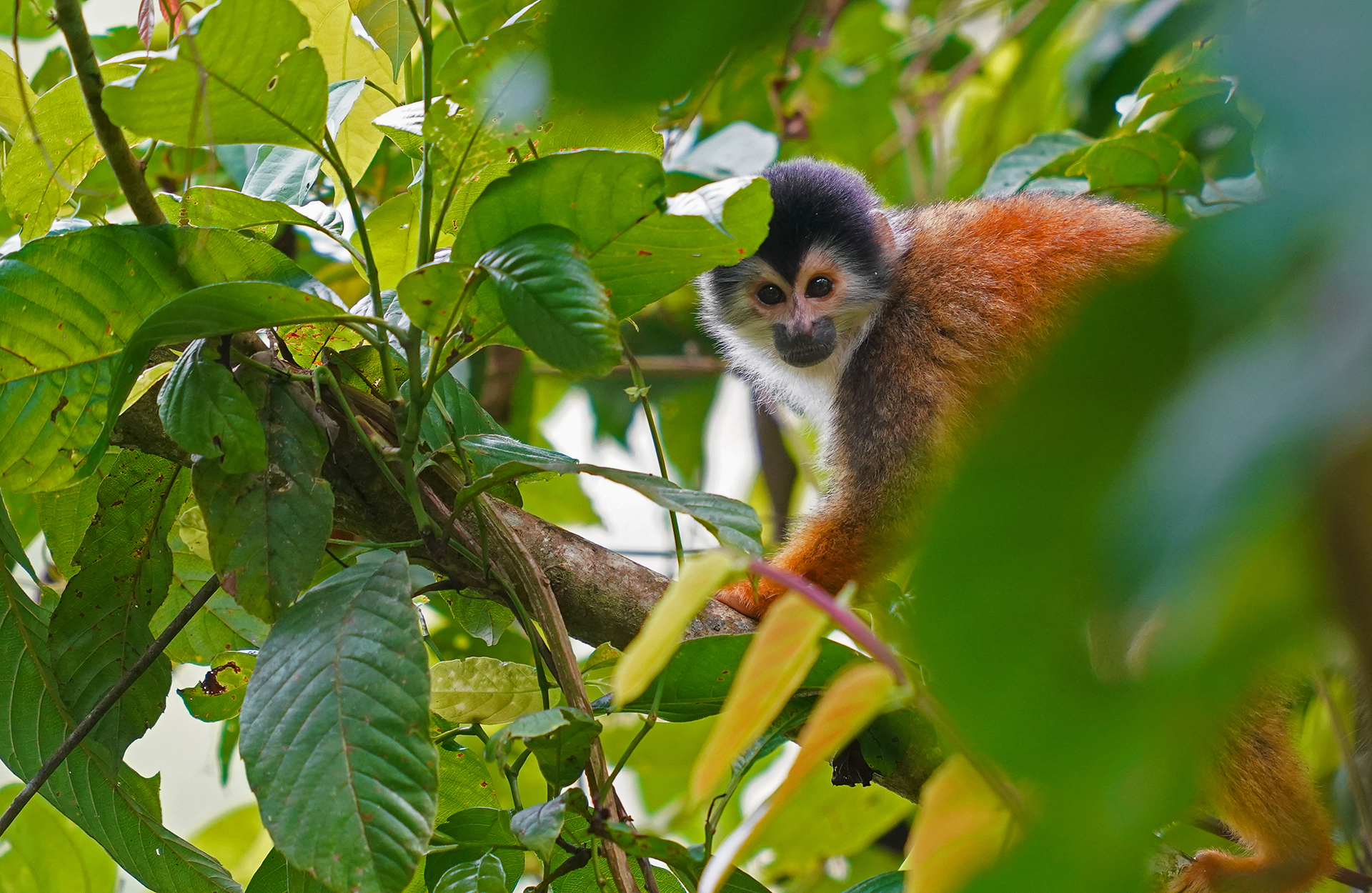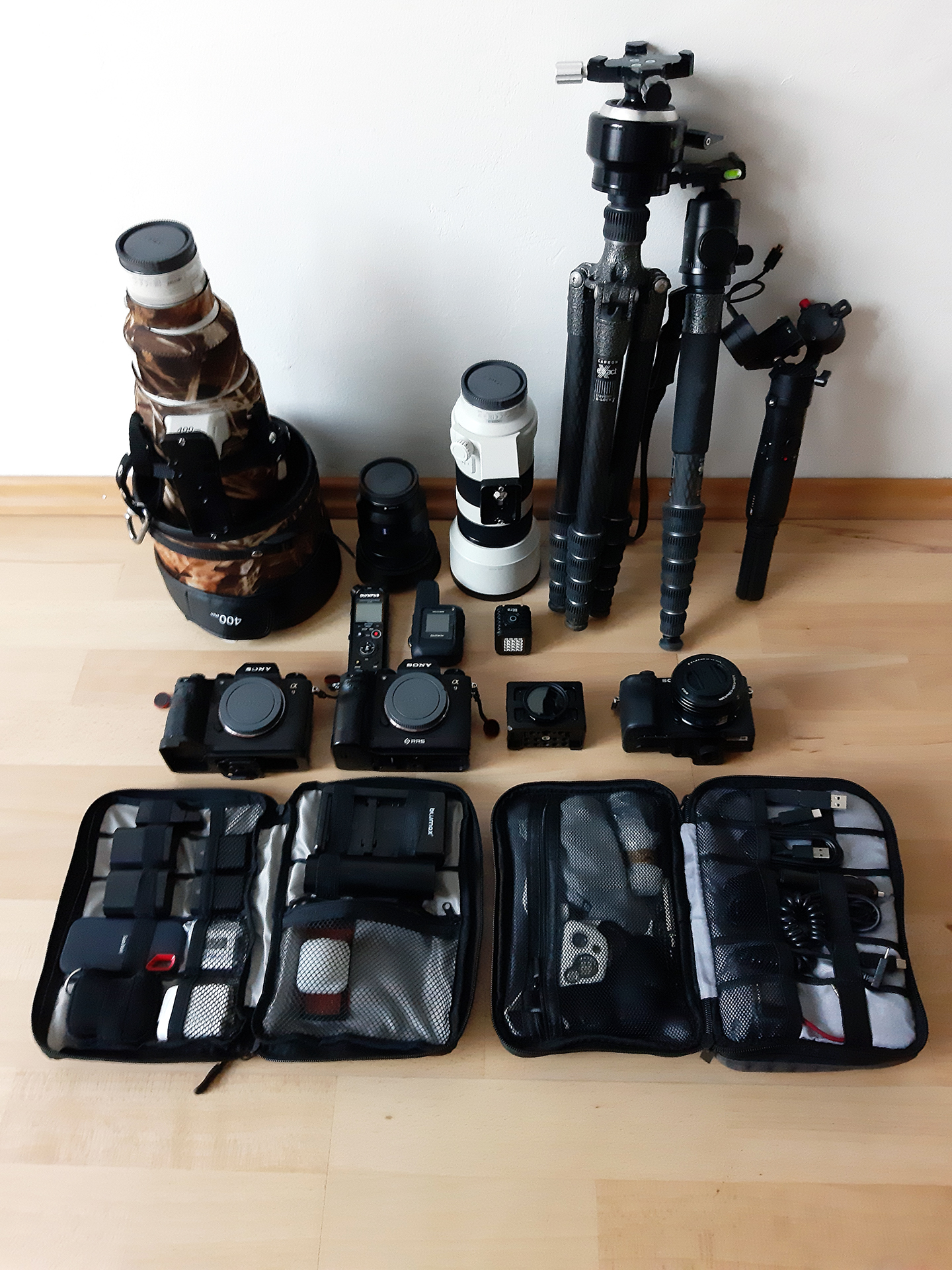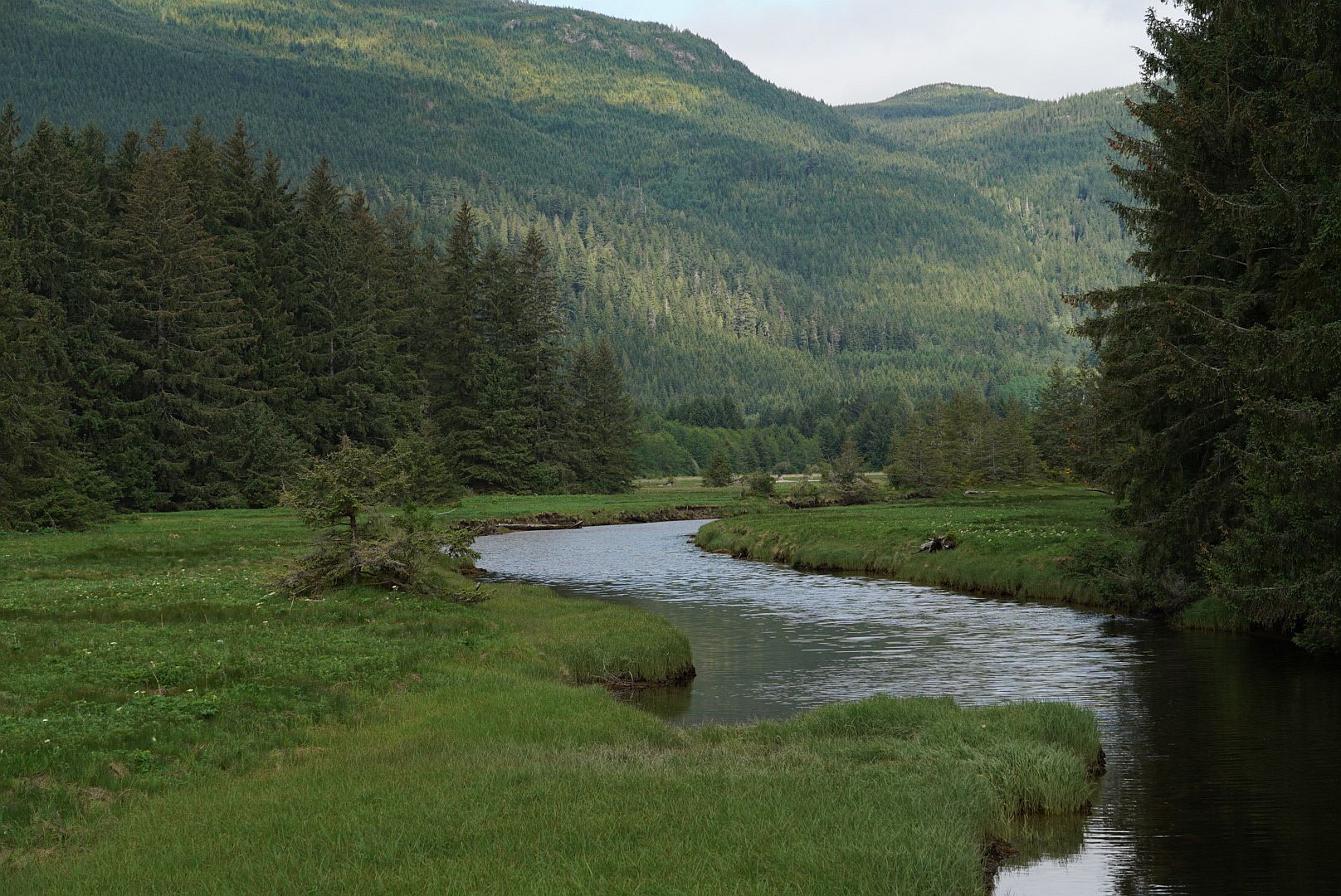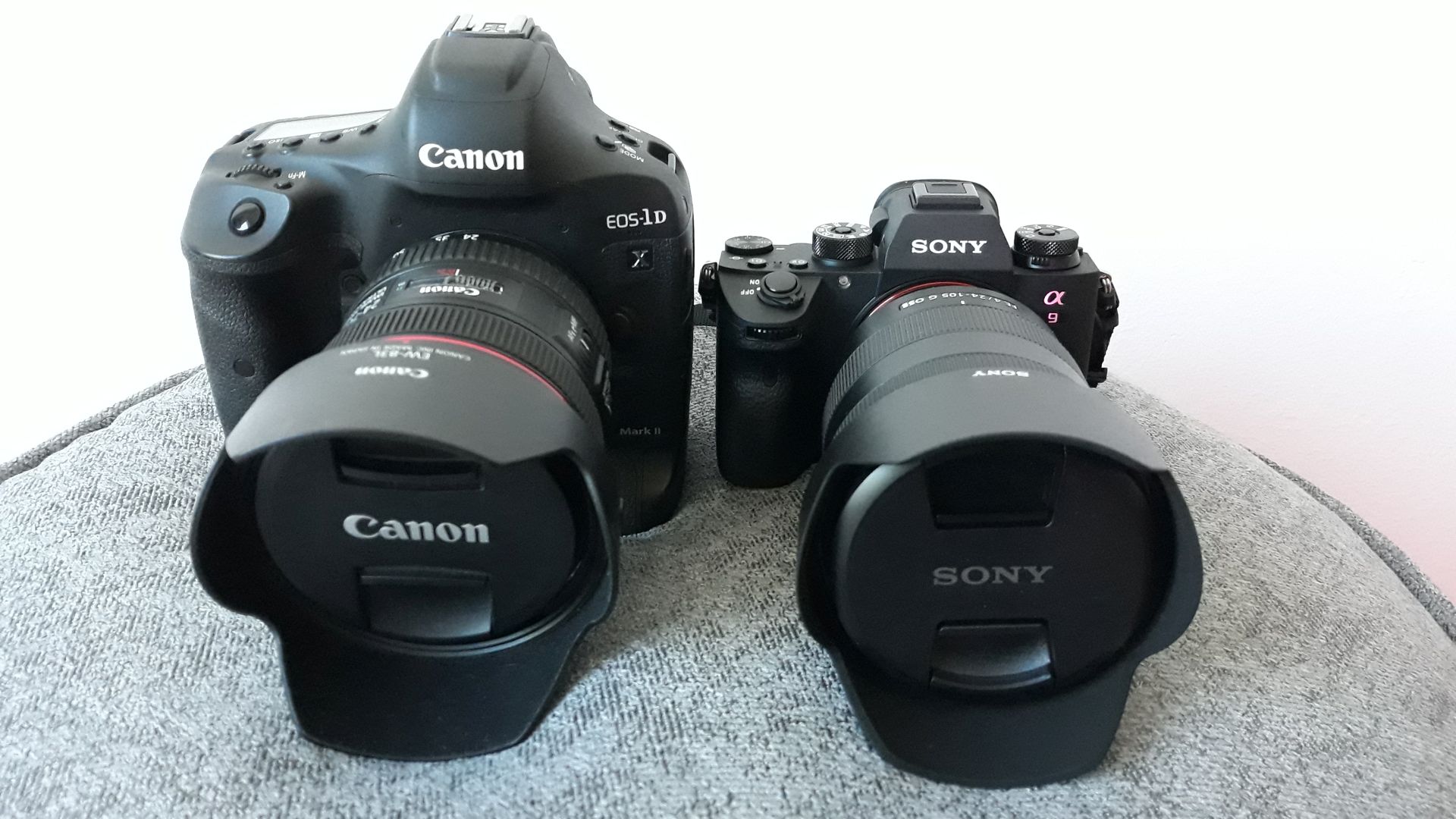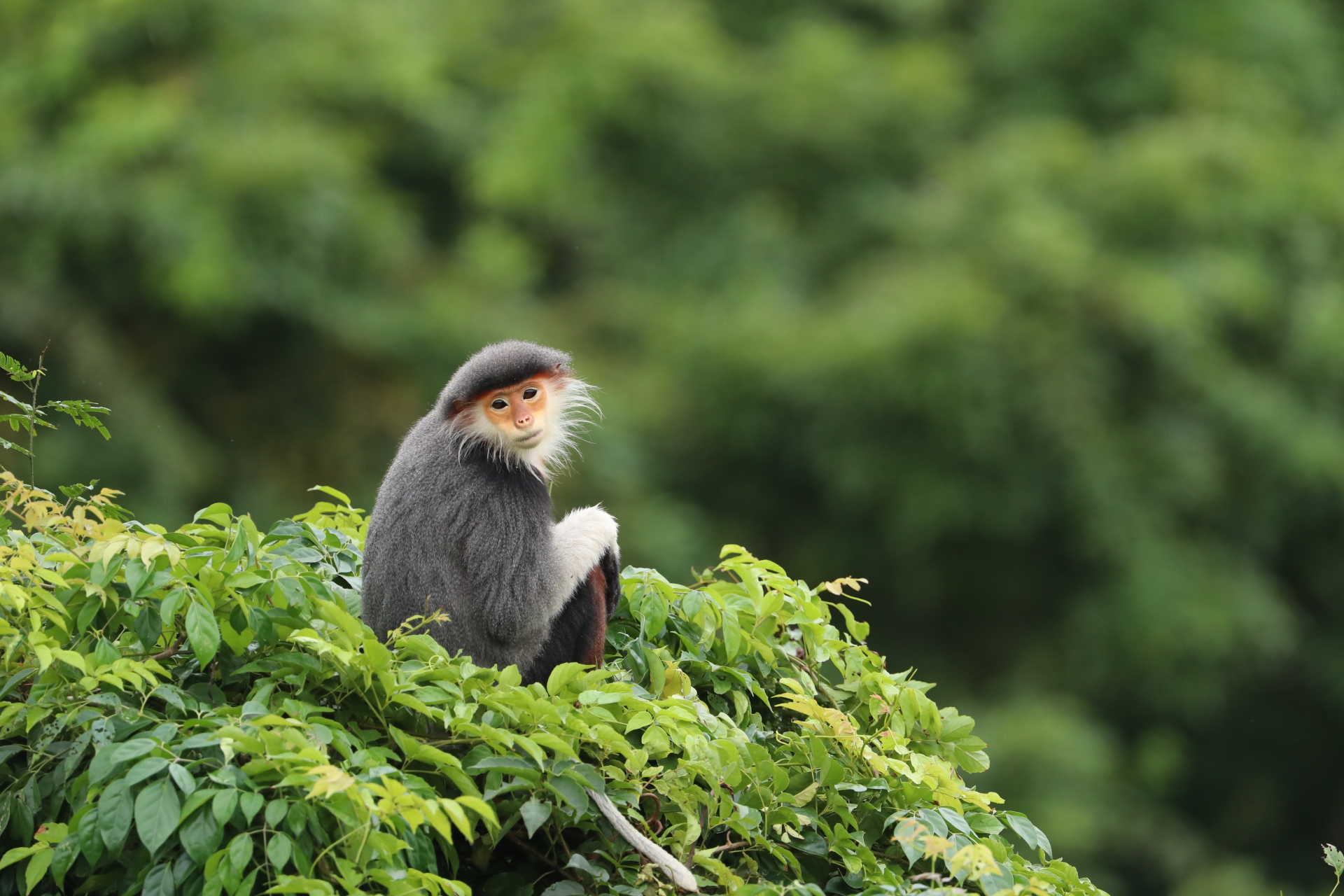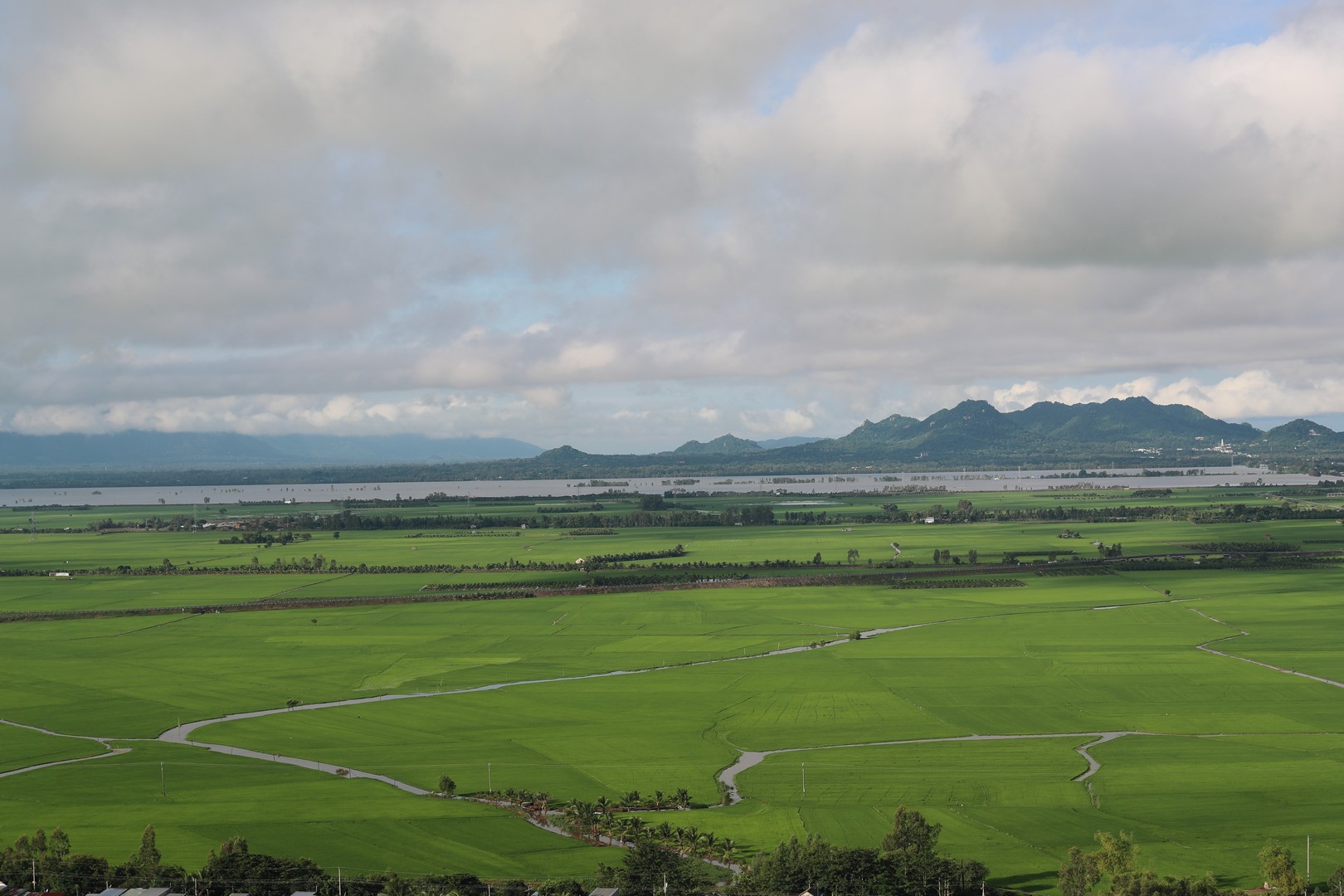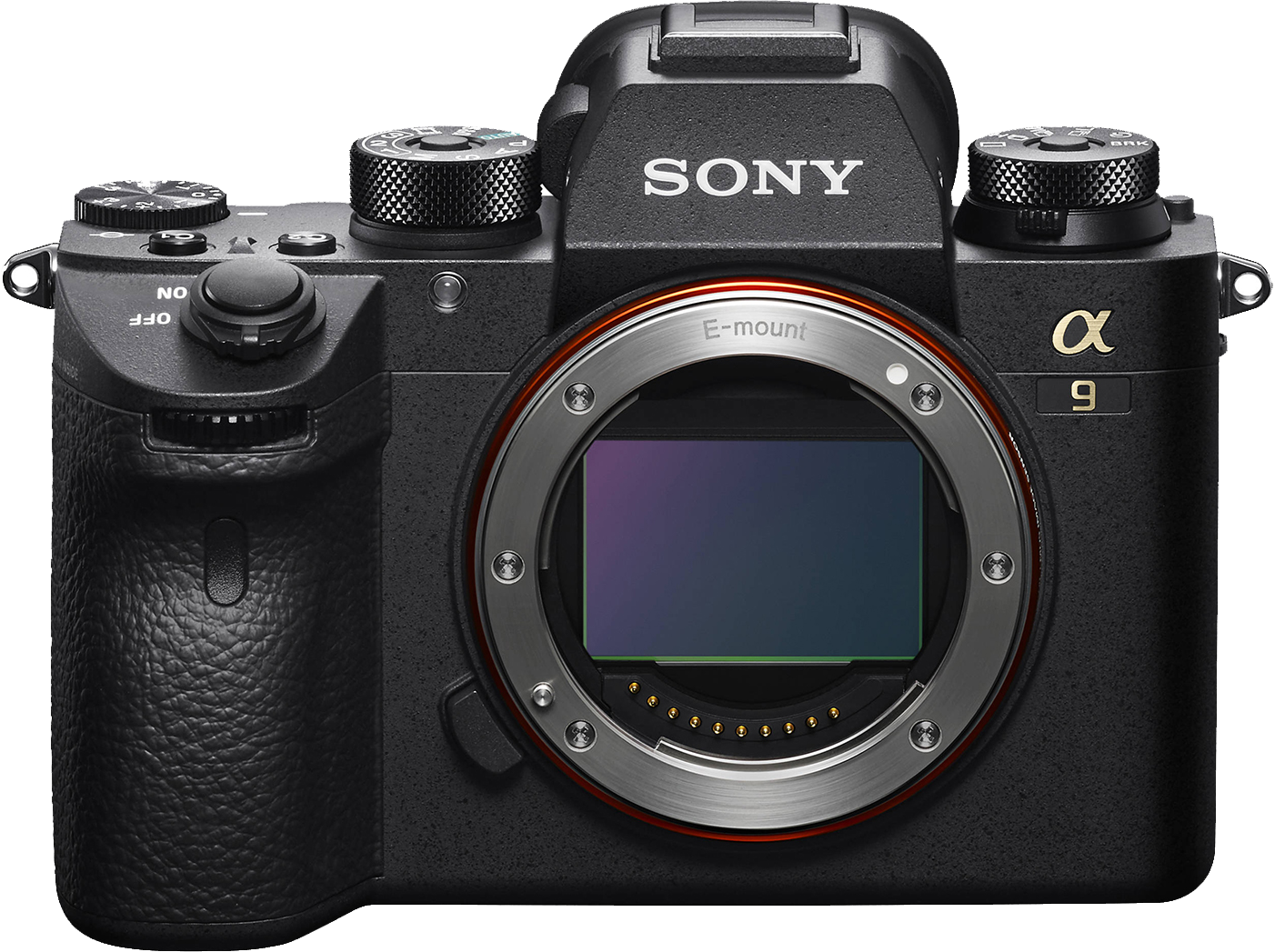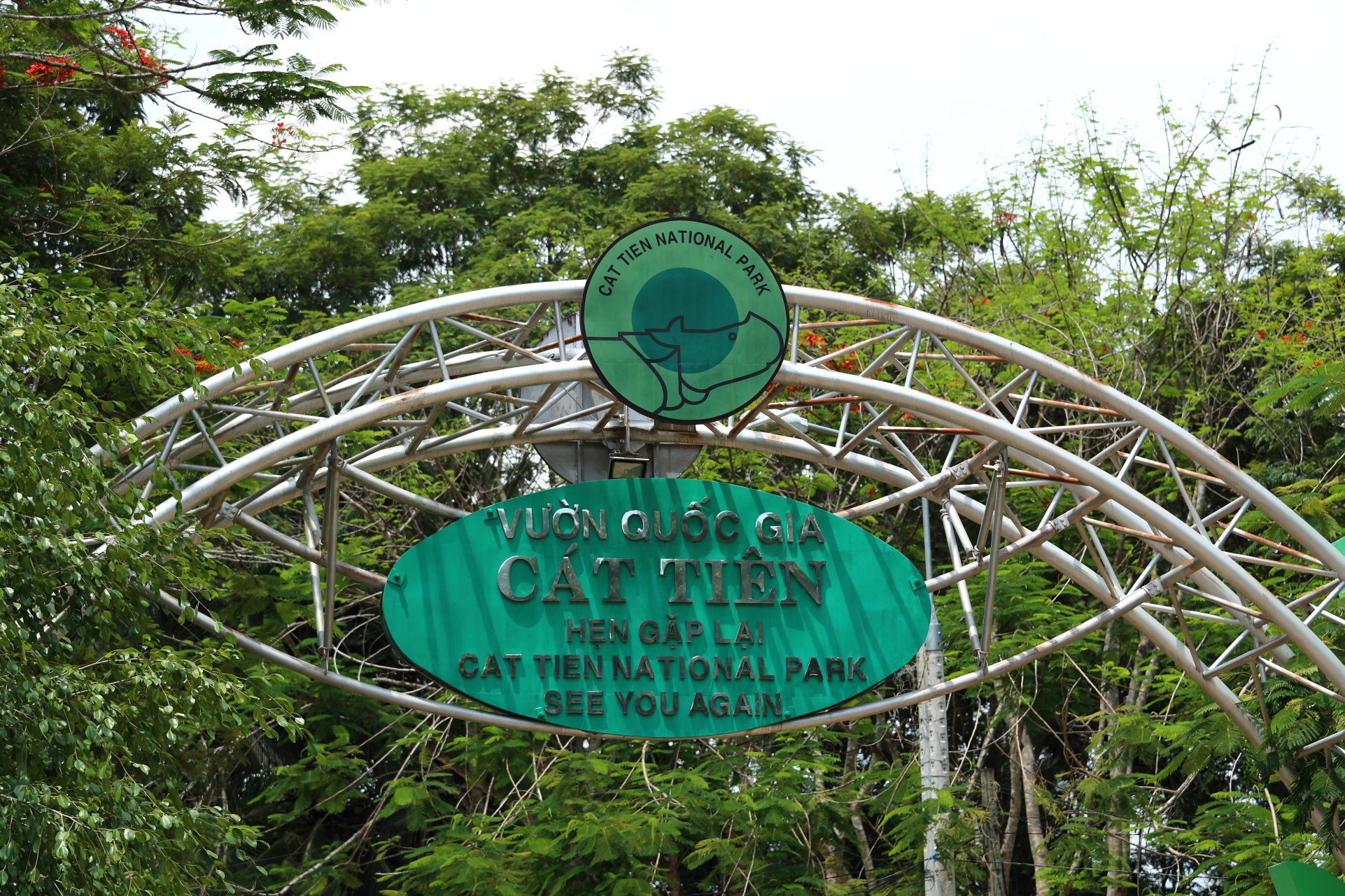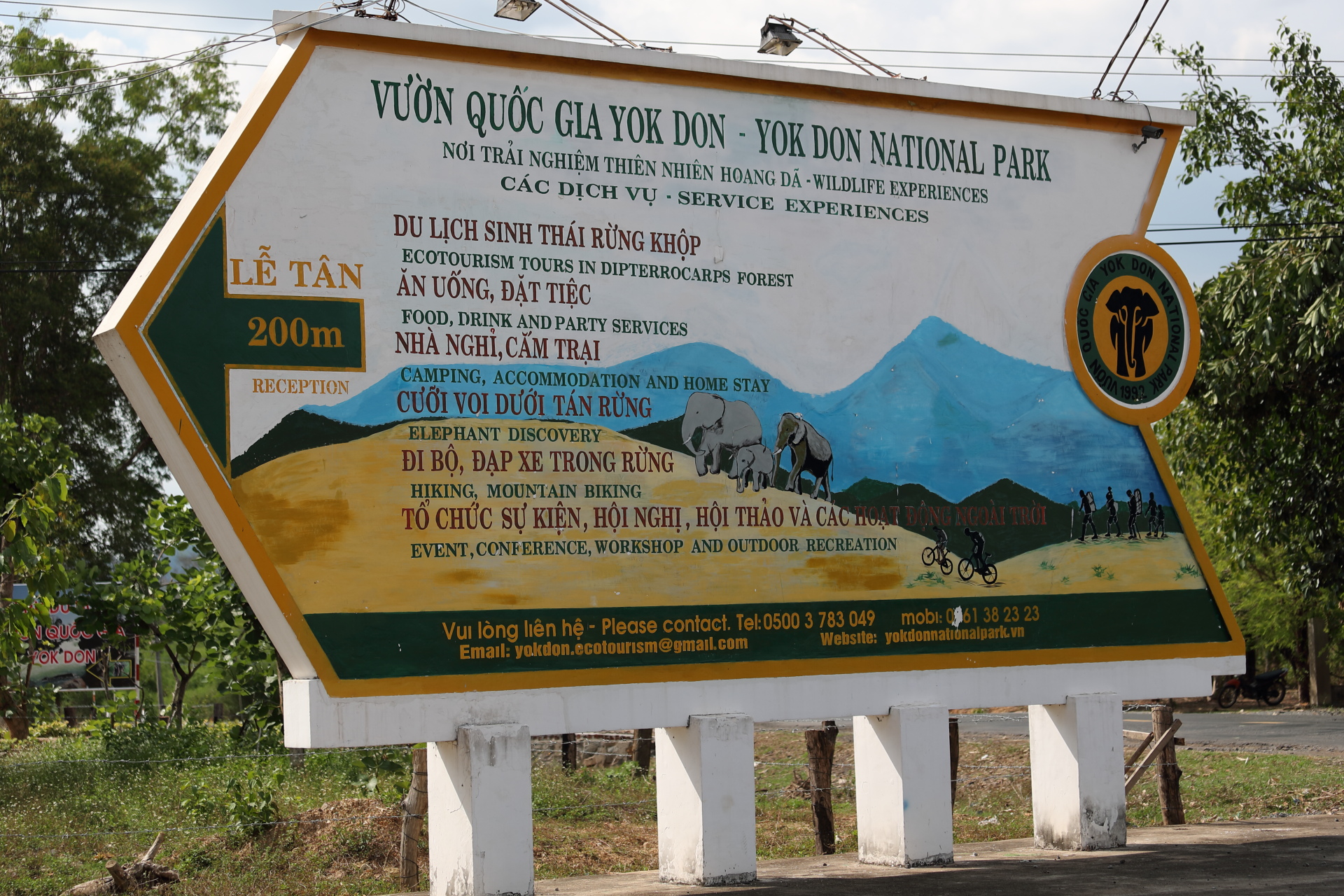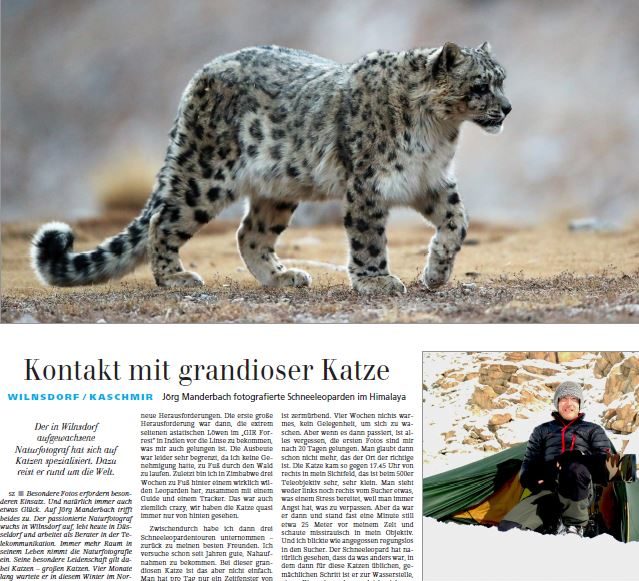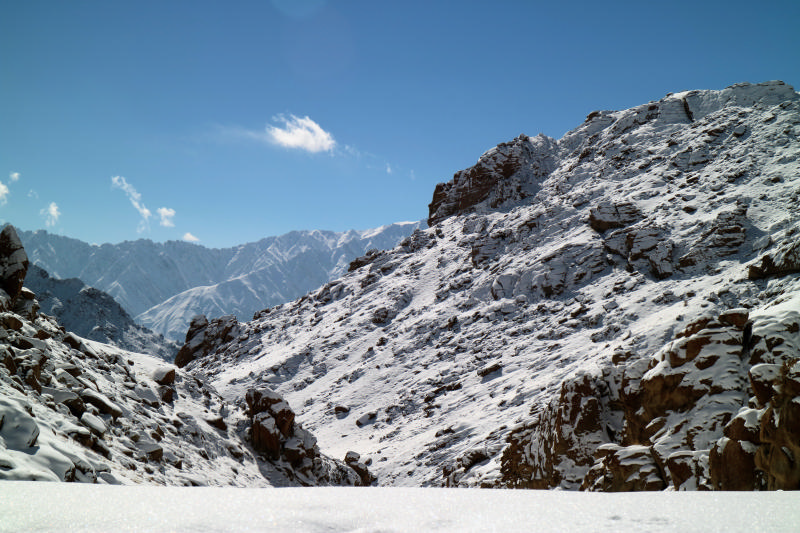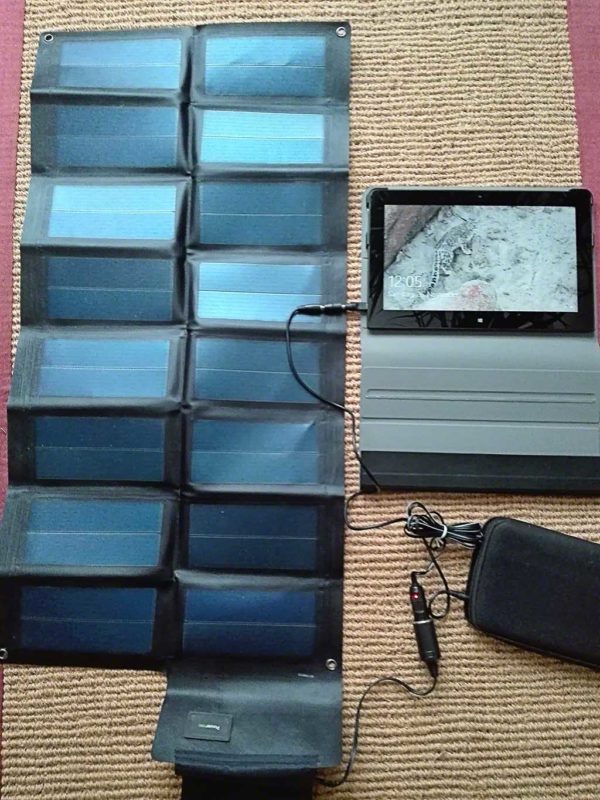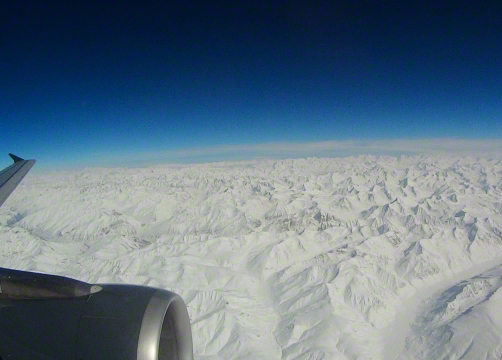It was a strange feeling to be traveling for the first time only with film equipment and not taking any photos. The way I have to work is now completely different. While you can go more or less unplanned when taking photos, you have to do a lot more preparatory work and planning when filming. On my first “film tour” I tried out a lot and immediately found out that there is a lot to learn before I can create my first small nature documentary. However, the topic has already been decided and planning has already started....
Since I will soon be “switching” from nature photography to nature filming, I was looking for an ideal lens and the first thing that came to mind was the Sony 200-600. Almost borderline for photography, since the F5.6/6.3 is not really bright, but for filming in connection with the Sony FX6, this lens should be very useful, especially when travelling. I was able to do a first test with the Sony A9 on my Vietnam tour that just ended. At temperatures of up to 40°, the approximately 1 kg weight saving compared to my FE 400/F2.8 is quite nice. Optically, the lens is very good, although not comparable to the 400, which is not to be expected given the price difference.
At the end of the year, one more adventure was necessary and, as so often, I ended up in Vietnam again. On the one hand I wanted to visit my colorful friends, the red-shanked douc monkeys and on the other hand I wanted to go hunting for the other two associated species for the first time. Vietnam is currently still struggling with the aftermath of Covid, there are still quite a few tourists on the road, which is of course always a good thing for me.
After traveling the south of Costa Rica with my camera two years ago, this year the north had to be explored. One thing is for sure, it was certainly not my last stay in this paradise for nature photographers. Like last time, I made few but longer stops at places I had previously selected. From my point of view, short stops of only two or three days cannot adequately search an area for the species present.
After a long break, I paid a short visit to the Svalbard archipelago to see what opportunities there are for me in terms of photographing polar bears. Even the journey via Frankfurt - Oslo - Tromso - Longyearbyen turned out to be quite funny, sometimes the gas station attendant was missing to refuel the plane, sometimes a bus driver to bring the passengers to the plane, but at least a little variety was provided. The "strange" stopover in Tromso, where even Norwegians need to get off, show their passport and then get back on the same plane, and the somewhat strange baggage handling, which is different between the way there and back (although exactly the same), make the journey something special.
This is a protected post…
It can also be found in many streams and rivers in North Rhine-Westphalia, but it rarely wants to be in front of the camera, which is why photos of it are coveted by nature photographers. For me, too, he is a long-time 'opponent' of whom I was able to take photos from time to time, but never really good ones up close. That's why, thanks to Corona, I've dealt with him extensively in the last few weeks. For me, as always, the “project” starts with the search
** Update ** Covid has unfortunately made it impossible to explore the Yukon, but we will definitely do that at a later date ...
A popular travel destination among nature photographers is Costa Rica, the unique nature offers many motifs and so I went there for the first time. With the rental car I drove to the southwest in the province of Puntarenas, primarily with the aim of exploring the jungle around the Corcovado National Park. I deliberately left out the park itself, because it is a tourist attraction so mostly well attended, which I find besides the fact that you cannot explore the park alone without a guide
One of the few cats that is still missing in my collection is the mountain lion or puma (Puma concolor). The shy cat can only be found on the American continent. Because there is nowhere else such beautiful nature and besides the cat so many other wild animals worth seeing, I made my first trip to Canada. Of course, I didn't assume that I would be able to get the cat in front of the camera the first time around, rather […]
After 30 years, I'm saying goodbye to Canon and making a system change to Sony. Unfortunately, Canon reacted too late to the future - and it's mirrorless. I would have really liked to have stayed, but what Canon currently has to offer in the mirrorless segment unfortunately does not meet my requirements and I doubt that this will change in the foreseeable future. In addition, it is completely unclear what will come in the field of super telephoto lenses for the RF mount, no [...]
After unusually heavy rains in November and December, the Da Nang region was hit by massive floods - which unfortunately again cost human lifes. Son Tra Mountain, home of the red-shanked douc, was not spared either. Due to landslides, the only access road was partially blocked with boulders and so it was another little adventure to visit the beautiful monkeys a third time this year.
The Mekong Delta in Vietnam offers a breathtaking backdrop, especially in the rainy season. It rained surprisingly little this October, possibly due to climate change. The rain showers are usually short and heavy and the temperatures are usually high. In recent years, various dams have been built to protect the people and the fields, which are supposed to make life easier for the people there. You can reach the region in about 6 hours by bus from Ho Chi Minh City, by the way, the buses are super comfortable with reclining seats and of course with free wifi.
Back from my Vietnam tour, I will deal extensively with the topic of system change in the next few months. The last trip showed me once again the disadvantages of the EOS 1 DX “brick” when traveling frequently by plane. The camera is one of the best currently available on the market, but it is unnecessarily heavy and bulky. It's sad that Canon completely slept through the mirrorless age. Since everything at Canon has always been done in slow motion, I don't expect a lightweight, compact […]
The Cát Tiên National Park is a paradise for all insects and bird lovers. About fifty percent of the park is covered in evergreen forest. Unfortunately, like all the others, the park is threatened by poaching and illegal logging.
The first location I looked at is the Yok Đôn National Park. At this time of year there are usually only a few tourists in the park, or as in my case none at all.
On May 13th a first report appeared in the “Siegener-Zeitung” about my snow leopard tour in the Himalayas.
It was a great experience. After many years and countless attempts, I managed to photograph a wild snow leopard up close for the first time. It was the longest and most exhausting journey I have taken to photograph the rare and elusive cat. At the start of the tour in December 2016, the conditions on site were anything but favorable, as there was only sporadic snow. So I did the one-week acclimatization in Leh, the provincial capital at about 3500 meters […]
Even a small defective plug or adapter can make the tour very difficult, which is why I go through all possible scenarios over and over again before the tour. What if the charger for one of the various camera batteries is defective, if an adapter breaks or the solar panel no longer works? What is certain is that you won't find a solution for every possible problem, but it doesn't hurt to think about it before the tour.
Now the time has finally come, after several months of planning I will return to the Himalayas for many months to try again to find the rare and shy snow leopards. I have planned various routes at altitudes between 4300m and 5500m and will explore an area of around 1000 km².
After a good six months of preparation, I traveled the Himalayas for several months to find snow leopards ...

